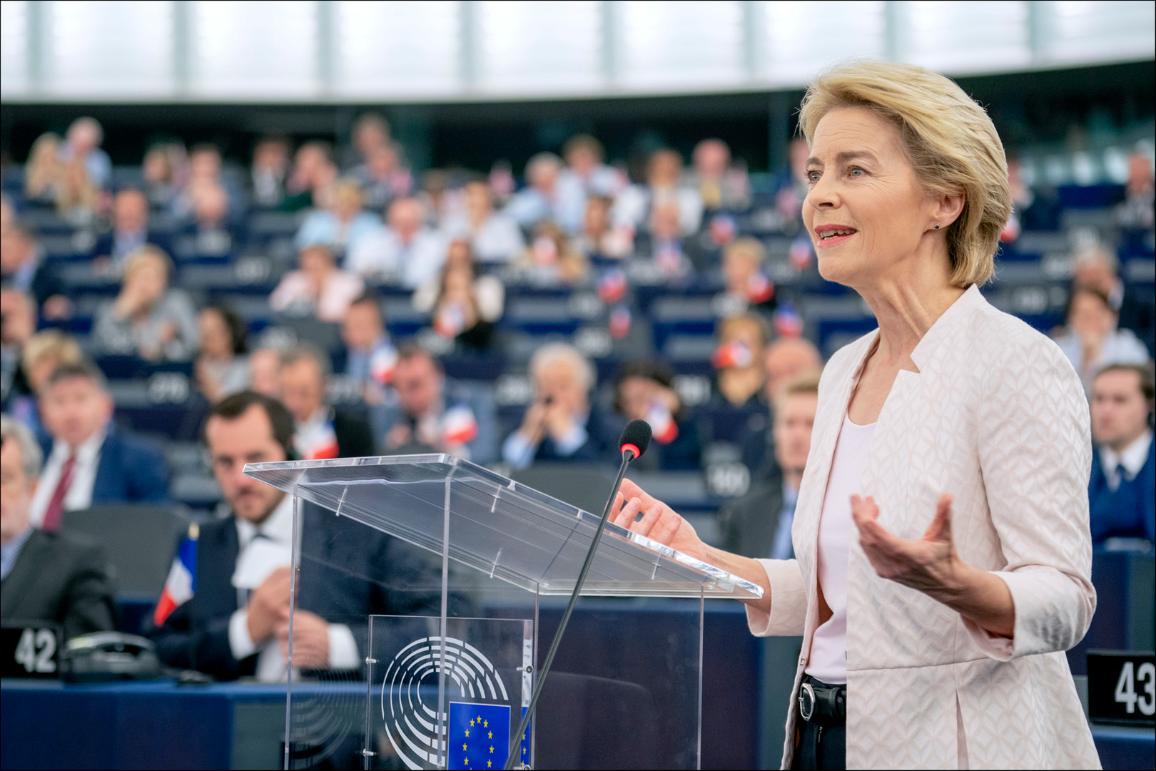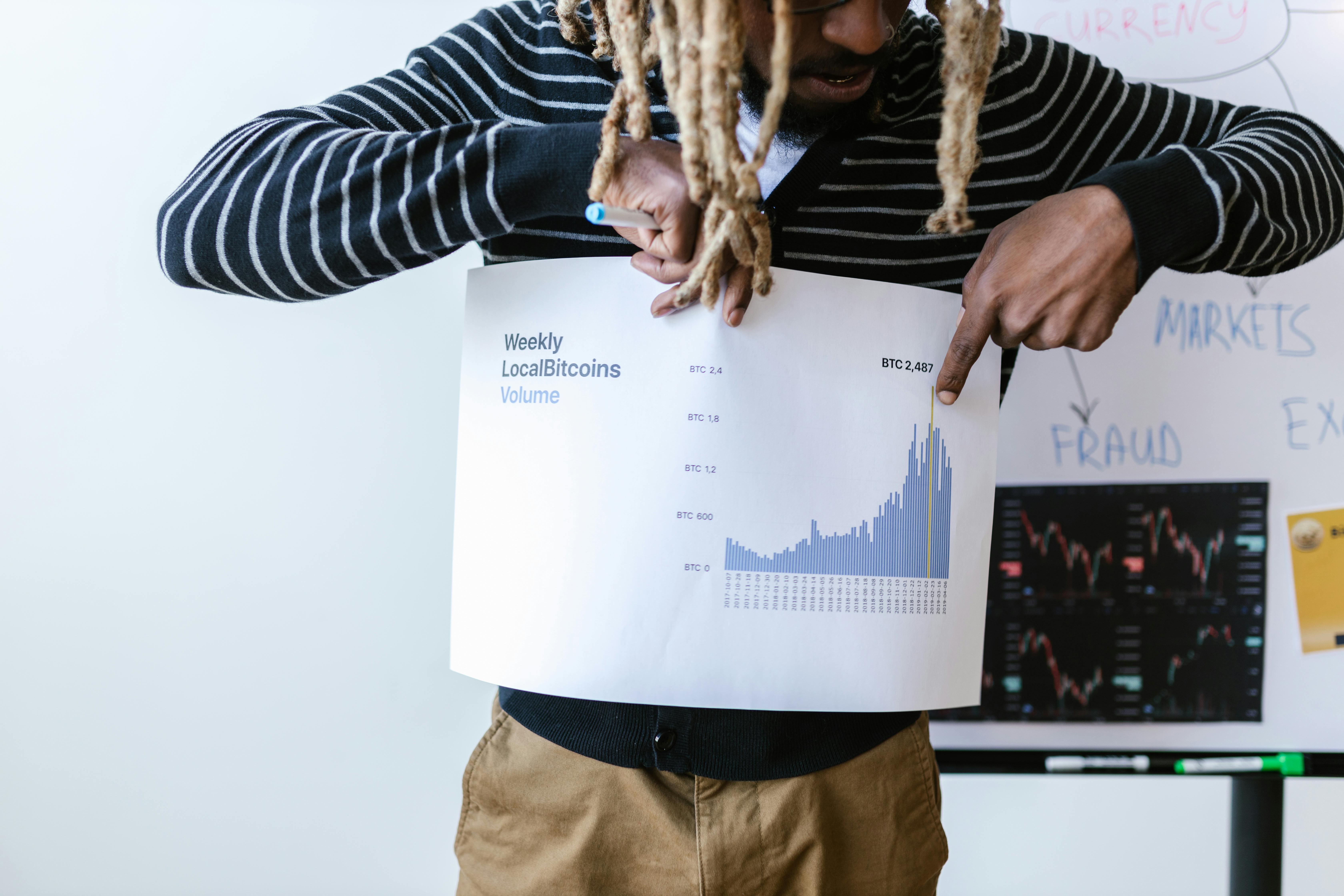The European Union and its medical sector must be better prepared for future pandemics, European Commission president Ursula von der Leyen said, acknowledging that the vaccine rollout was not meeting the targets set.
Speaking to the Financial Times, Ms von der Leyen said that the EU could not afford to sit still, not even when COVID-19 is overcome. Outlining her plans for an EU-wide fast reaction system, she said that “Europe is determined to enlarge its strength in vaccine production”.
“It’s an era of pandemics we are entering. If you look at what has been happening over the past few years, I mean from HIV to Ebola to MERS to SARS, these were all epidemics which could be contained, but we should not think it is all over when we’ve overcome COVID-19. The risk is still there.”
Last month, the Commission president unveiled plans for a biodefence preparedness plan called the HERA Incubator, which will combine researchers, biotech companies, manufacturers and public authorities to monitor emerging threats and work on adapting vaccines. This will become part of a Health Emergency Preparedness and Response Authority (HERA).
It attempts to mirror the United States’ Biomedical Advanced Research and Development Authority, charged with the job of responding rapidly to new health threats.
“The US has a strong advantage by having BARDA . . . this is an infrastructure Europe did not have,” Ms von der Leyen said. “But Europe has to build up to be prepared for whatever comes, and also for the next possible pandemics. This is the HERA incubator.”
She admitted that the EU remains within its “most difficult quarter without any question” for vaccine deliveries, cautioning that “many, many problems” could always occur within the production process.
After receiving complaints from members states, including Germany, about vaccine supply shortfalls, Ms von der Leyen, speaking at an EU summit on Thursday, addressed concerns about vaccine production.
She pointed out that a second EU contract with BioNTech/Pfizer for their vaccine would kick in, alongside the new jab from Johnson & Johnson, which is expected to be authorised in March.
Ms von der Leyen acknowledged to the European Parliament in early February that mistakes had been made in the EU’s vaccination effort, and the campaign remains behind those of the US and UK. Among the difficulties are continued production problems at AstraZeneca’s European facilities.
“We all suffer from the fact that the scaling up was not and is not as rapid as we thought at the beginning. This has a general effect all over the world,” she said.
“With production picking up I think we should never forget that only if everybody has access to vaccines will we overcome this virus,” she added, in a nod to French president Emmanuel Macron’s proposal to share up to 5 per cent of supplies to permit the vaccination of healthcare workers in developing countries.
Ms von der Leyen added that the EU needed to be particularly concerned about developments in its immediate area.
“The mutant story is worrying me the most,” she said. “When the virus is still raging in the neighbourhood, the probability that mutants will occur, that will come back, for example, to Europe, is only rising.”
Malta’s dramatic increase in cost of living: visualised
Price levels rising from 84 per cent to 93 per cent of the EU average
Malta’s contemporary Japanese restaurant Aki to launch in London this September
The London venue is a Grade II-listed former bank, a stone’s throw from Oxford Circus
Poland to trial 4-day work week, and Greece a 13-hour day. Where does Malta stand?
Europe is debating working hours across the board






